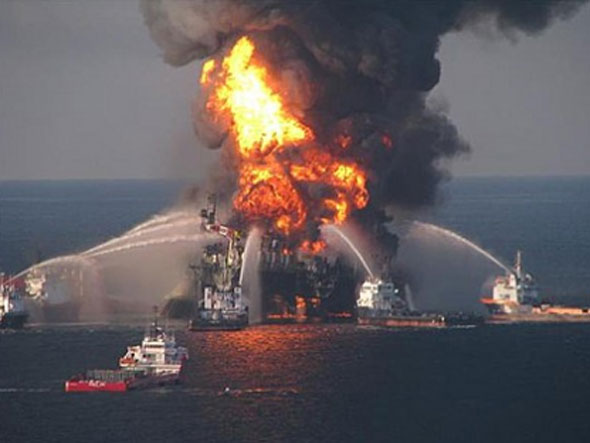We take out insurance policies to protect ourselves if anything goes wrong – being ready to deal with a potential crisis in your organisation might be just as important.
Every organisation needs to be aware of its vulnerabilities and have a plan in place to deal with a crisis situation. With the advance of social media, where and how a crisis develops is ever more complex and the speed factor can make it more challenging than ever before.
No organisation can afford to hide in a crisis as it has the potential to damage relationships with clients and stakeholders, wreak havoc on an organisation’s reputation, seriously effect revenue and in the worst cases result in closure.
Planning in Advance
We work with our clients in advance of any potential crisis, planning such things as:-
- Reactive Statements
- Preparing spokespeople to deal with the media: Media Training
- Monitoring traditional and online media
- Devising an action plan that will be put into place should the potential crisis become a reality
- Developing an Internal Communications Strategy to include communications to relevant stakeholders
- Crisis Social Media Strategy
 We have worked on a number of high-profile national and international crises and we have also worked on other situations where the crisis didn’t materialise due to strategic planning, internal communications and careful management.
We have worked on a number of high-profile national and international crises and we have also worked on other situations where the crisis didn’t materialise due to strategic planning, internal communications and careful management.
Sometimes you do need some luck on your side but you find if you do the right things you end up being lucky!
PR Advice
If there is a potential crisis in your organisation here is some practical advice:
- Involve your PR company as quickly as possible – let them deal with the media, you have a crisis to sort out!
- Be frank and open with the PR company – trust them.
- Should a crisis involve potential litigation, involve a legal expert to ensure that any PR messages/statements will not compromise any possible legal proceedings.
- Always keep the lines of communication open between you and your PR agency – if something new arises the agency should be one of the first to know in order to anticipate media queries.
- Ensure that all members of the organisation are aware of any public statements and are briefed as to the contents, so that that the message is uniform at all times.
- Where possible a staff FAQ document should be distributed to equip the team on how to handle any enquiries from the general public; this will also help with Internal Comms and staff morale
- At no point should any member of the organisation issue the words, “no comment”- it speaks volumes on what you may or may not be trying to hide!!
- Always refer any press queries back to your PR company who can act as your “gatekeeper” and allow them to manage communications with press.
- Agree a nominated spokesperson who will be quoted in all statements, and is in effect ‘the human face’ behind the crisis. As much as possible this needs to be the MD or CEO of the company.
- The PR company should be ‘on call’ at all times during the initial crisis stage.
- Immediately establish a news monitoring service to catch all stories relating to the incident
- Monitor on-line mentions, comments, opinions and with your PR company agree a strategy around social media engagement during a crisis.
Our last big piece of advice is to always try to communicate the positive things about the organisation even during the crisis. Do this while the media are interested in your story – it’s too late after!
I sincerely hope you never find you or your organisation in a crisis situation but if you do I hope you find this advice useful.
Fuzion with offices in Dublin and Cork, Ireland offer a full Crisis PR Service. Deirdre Waldron, (Partner) heads up the Crisis PR team, which includes former journalists, media training and social media expertise.









